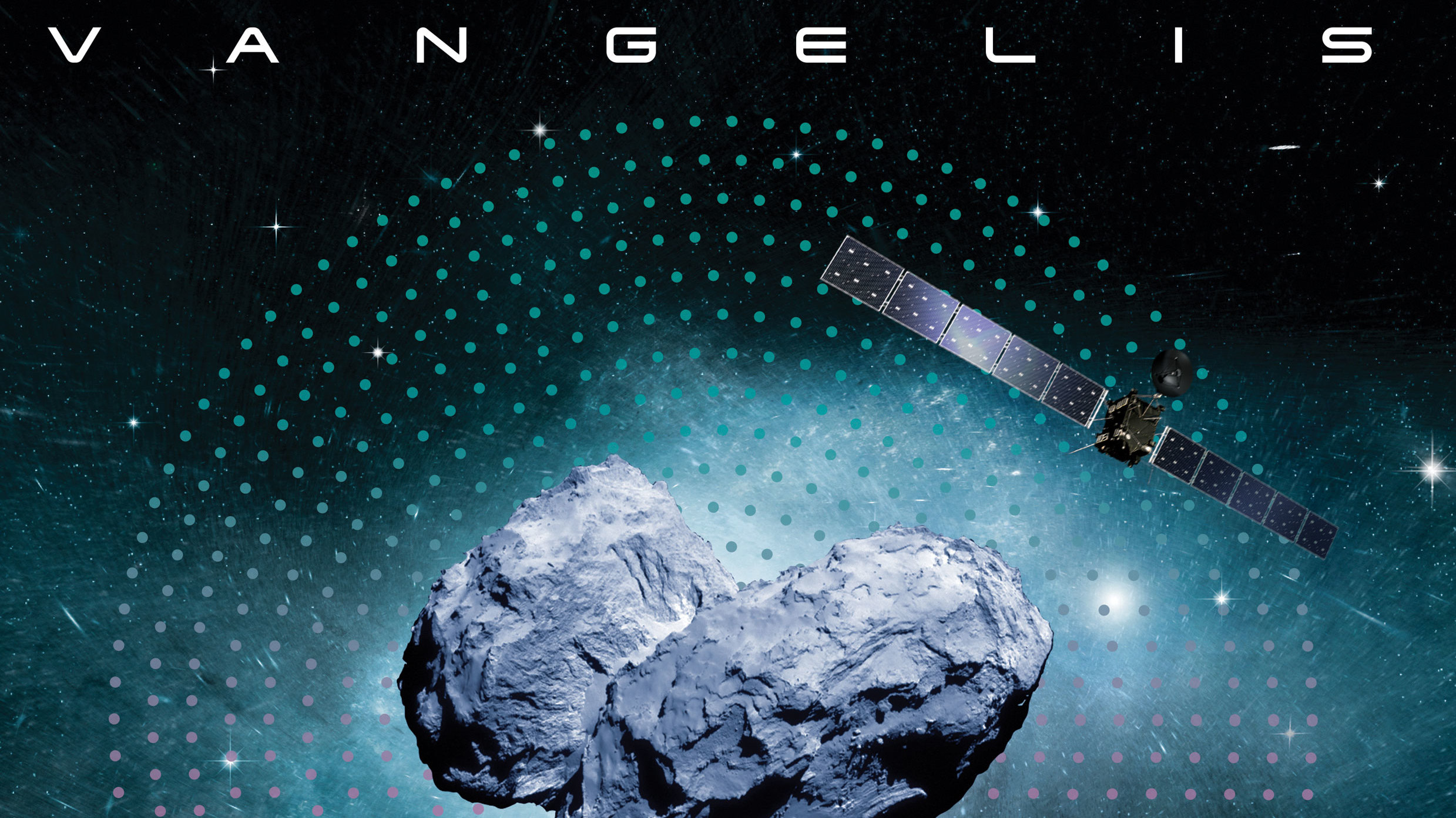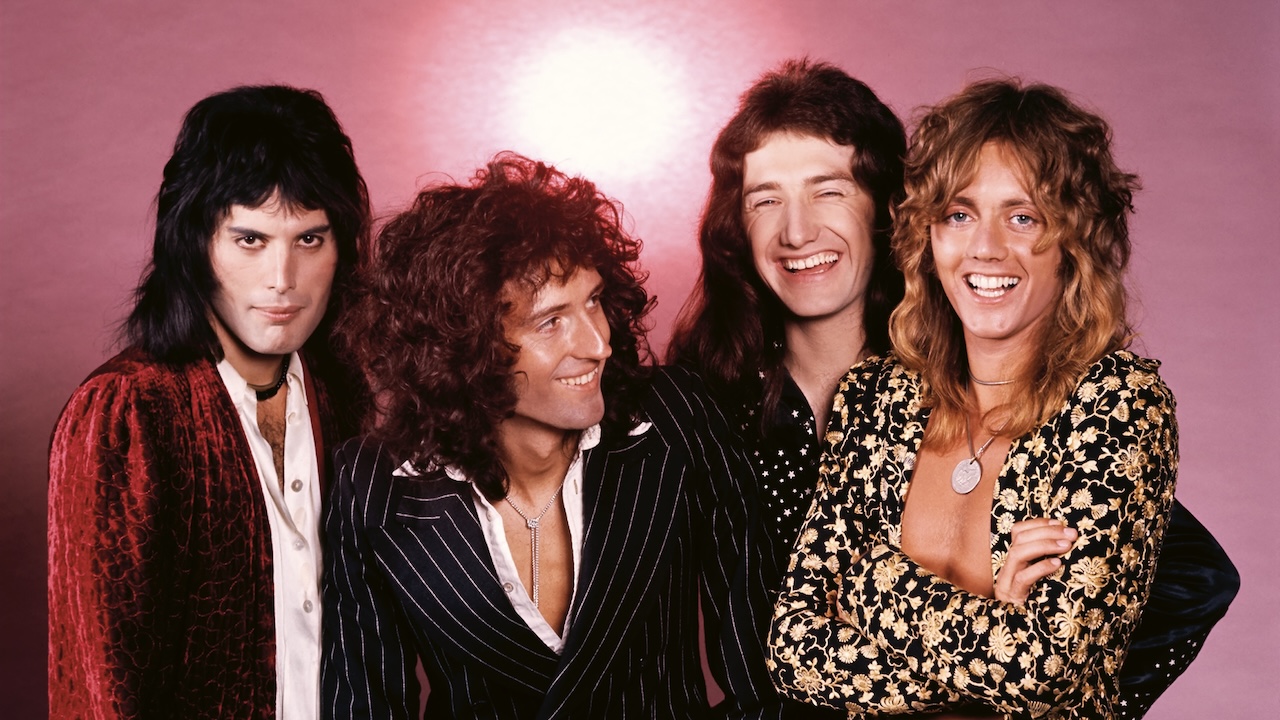You can trust Louder
In recent years there’s been a slight worry that the artist formerly known as Evangelos Odysseas Papathanassiou has been living on past glories. That’s the impression you got when he last graced the international stage with new music, in the shape of some mildly diverting but unadventurous new music for 2012’s Chariots Of Fire stage show.
After all, his last major international release was the score to Hollywood blockbuster Alexander, way back in 2004. If that was a big, blustering affair to suit the movie, Rosetta, his first non-soundtrack album for 15 years, heralds a return to the evocative, aspirational, romantic but impressionistic sounds that first turned a Greek prog pioneer into a soundtrack superstar at the turn of the 80s.
The self-confessed space nut took inspiration for this album from the 12-year Rosetta space probe mission, which ended with a deliberate crash-landing on the surface of a comet in September, just in time for the release of this record.
The dramatic orchestral washes of Origins (Arrival) set the skyscraping template, before starstruck tingles of timpani and swathes of synth evoke a distinct sense of wonder and uncertainty. Further in, the Enya-like prettiness of Celestial Whispers comes pretty close to its title, and the gurgling galactic techno of Albedo 0.06 chills us gently.
But you get the feeling that the title track was always intended as the centrepiece of the album, with its plucked strings and folky dulcimer-style accompaniment emulates Morricone’s mournful majesty, before triumphant brass lends an air of pomp and circumstance. Most importantly, it has that expansive, impossibly widescreen sound to it that immediately evokes the great black beyond of space.
Philae’s Descent is a far more dramatic affair full of tense, chattering strings, anxious, angular chords and sudden rumbles of percussion, as if soundtracking the moment of impact of the space probe on the comet’s surface. Admittedly, that actually happened at just two miles per hour, but Vangelis takes understandable creative licence to make it sound like a tense, parachute-free skydive into the unknown.
Then we can all breathe a blissful sigh of relief as Mission Accomplie (Rosetta’s Waltz) follows, most reminiscent of his most famous work, the cloud-hopping, mesmeric chug of the Chariots Of Fire theme. It only makes you yearn for some suitably breathtaking space footage to accompany it.
Sign up below to get the latest from Prog, plus exclusive special offers, direct to your inbox!
He’s come a long way since Aphrodite’s Child put Greek prog on the map, but here he’s doing what he did then, and since: taking the listener on a truly fantastic journey.
The real reason why Jon Anderson won't be making another album with Vangelis
Johnny is a regular contributor to Prog and Classic Rock magazines, both online and in print. Johnny is a highly experienced and versatile music writer whose tastes range from prog and hard rock to R’n’B, funk, folk and blues. He has written about music professionally for 30 years, surviving the Britpop wars at the NME in the 90s (under the hard-to-shake teenage nickname Johnny Cigarettes) before branching out to newspapers such as The Guardian and The Independent and magazines such as Uncut, Record Collector and, of course, Prog and Classic Rock.


